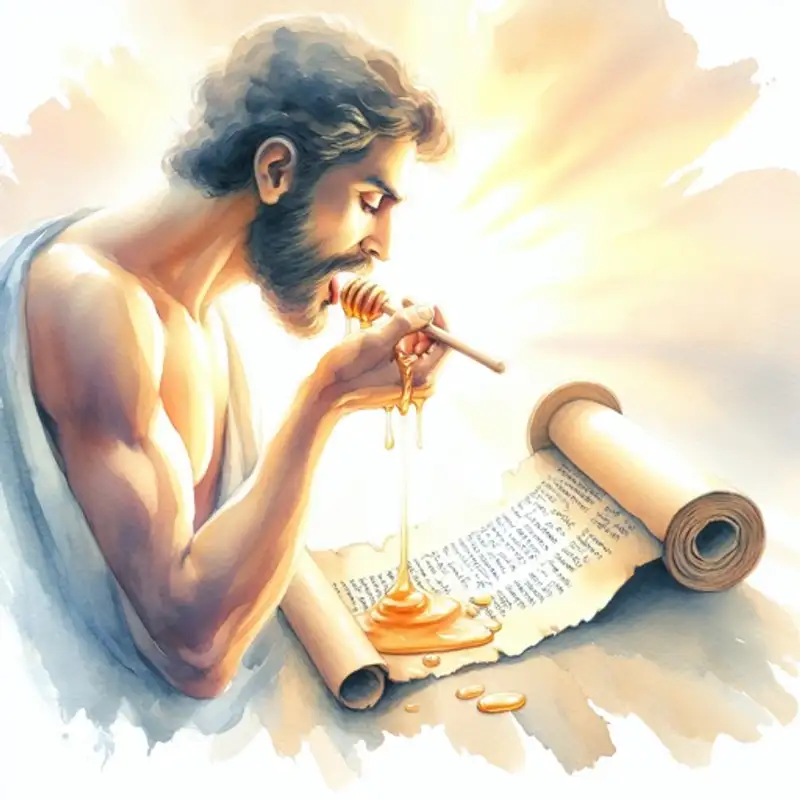Eat What You Find.
In Scripture, God’s people don’t come to him, but he comes to them via the word that he puts into the mouth of his prophets. In Mark, John the Baptist follows this Scriptural pattern by beginning his ministry outside of Judea and Jerusalem. In other words, God appears in the wilderness and his people meet him there by hearing and accepting his words via what is preached by the one he sent, who is John. Mark also tells us they “were baptized by him in the River Jordan confessing their sins” (1:5). In Scripture the Jordan represents the line of demarcation between on the one hand, the wilderness and on the other, Canaan, the land of milk and honey. After being delivered from Egypt, the sons of Israel crossed the Red Sea; before entering Canaan, they passed through the Jordan. Thus, in the gospels, baptism is associated with the Jordan, since after entering Cannan, the Israelites sinned and were cast out again into the wilderness of Babylon. This “second” crossing, as it were, of the Jordan via baptism is like acknowledgment of that sin; and their being washed via the prophetic word of John leads them not into Canaan, but into the Kingdom of God, the Jerusalem above (see Galatians 4:26). But why is John’s food said to be locusts and (wild) honey? Mark’s reference is Scriptural, specifically to the prophets Joel (1:4) and Ezekiel (3:1-3).
Join me as we continue working our way through the Gospel of Mark, 1:4-8.
“Brand New Orleans” performed by Prince.
Join me as we continue working our way through the Gospel of Mark, 1:4-8.
“Brand New Orleans” performed by Prince.

